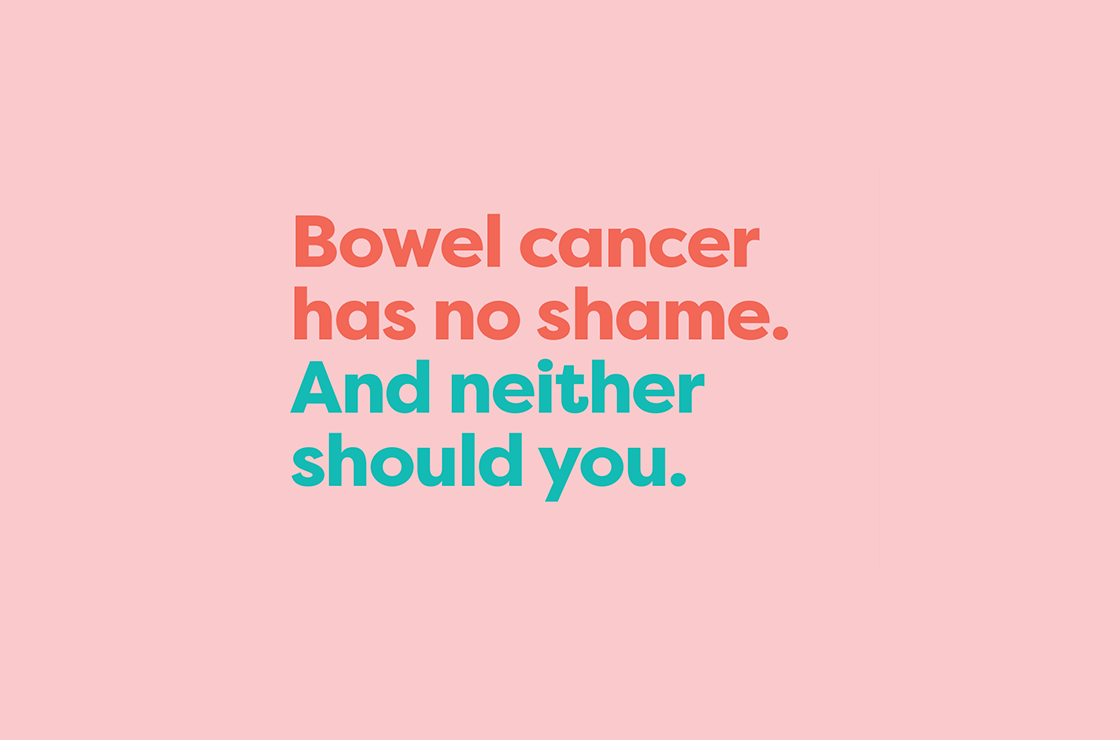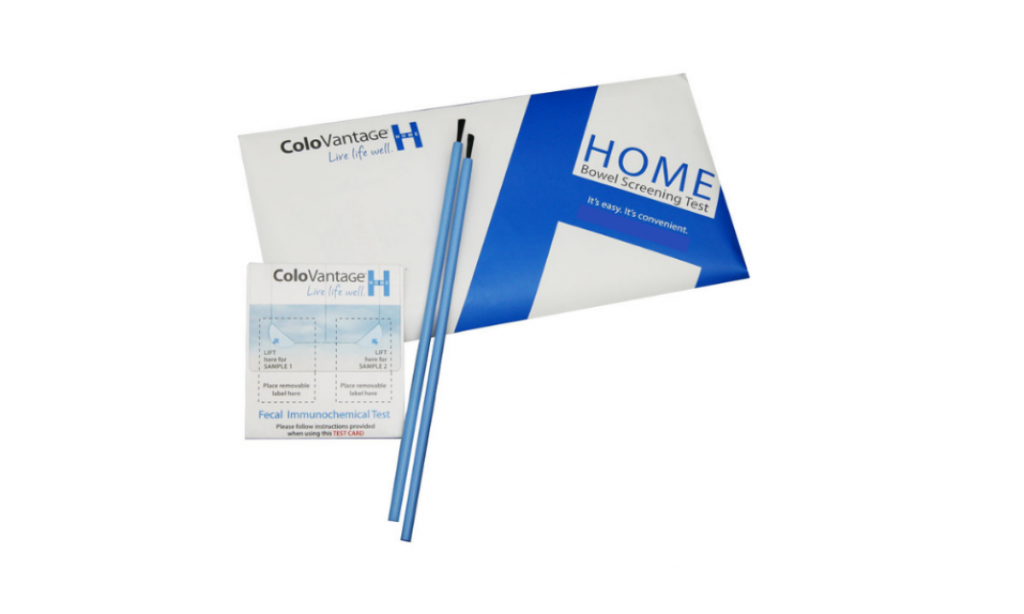Bowel Cancer Awareness Month

What is Bowel Cancer?
Bowel cancer, also referred to as colorectal cancer, is cancer of any part of the colon or rectum. Most bowel cancer starts as polyps which are benign growths of tissue on the wall or lining of the bowel. Polyps are fairly common, affecting 15-40% of the population, and are generally harmless. Some polyps though, will become malignant over time (usually years) and develop into cancerous tumours. In advanced cases, the cancer may spread or metastasize to other organs in the body.
What are the symptoms to look out for?
Symptoms of bowel cancer include blood or mucous in the stool, rectal bleeding, persistent change in bowel habits, abdominal pain or swelling, and unexplained anaemia (which may result in tiredness, weakness, and weight loss). It is important to note that not everyone who experiences these symptoms will have bowel cancer, but they should be referred to their doctor who can investigate further.
Who gets bowel cancer?
Bowel cancer can affect anyone and is the 2nd deadliest cancer in Australia with 15300 people diagnosed every year. Almost 10% of this number is accounted for by people under 50 years old, busting the myth that this is a cancer that only affects older people. Bowel cancer doesn’t discriminate based on gender with males and females affected almost equally but people with a history of bowel disease such as Crohn’s disease or Ulcerative Colitis may be at increased risk.
What can I do to reduce my risk of bowel cancer?
There are many things we can do to reduce the risk of developing bowel cancer. Maintaining a healthy weight and ensuring adequate physical activity; diet modifications such as reducing consumption of red meat and processed meats such as ham, bacon and salami whilst increasing consumption of wholegrains and dairy; limiting alcohol intake and quitting smoking will all help prevent bowel cancer.
Screening – who should do it and why?
In the early stages of bowel cancer, there may be no obvious symptoms. This is why screening tests are so important. It’s currently recommended that people considered at average risk of bowel cancer test once every 2 years between ages 50-74. There is evidence also, that screening should commence even earlier, from 45 years of age.
ColoVantage® is an at home screening test based on the latest technology to detect hidden bleeding that may indicate the need for further investigation. The test is quick and easy, involves no faecal handling (meaning you don’t need to touch any poo!) and is designed to be completed at home in the privacy of your own bathroom. ColoVantage® is available for purchase at all National Pharmacies stores.
Almost 99% of bowel cancers can be treated successfully if detected early, so don’t be embarrassed, if you’re experiencing any of the symptoms listed earlier, make sure you do something about it. If you’re wondering about Bowel Cancer, National Pharmacies has the wisdom to help.
For more information visit https://www.bowelcanceraustralia.org/
By Bec Rogers
Professional Services Pharmacist

ColoVantage BowelScreen Australia Home Screening Kit
Bowel Screening Test to detect hidden bleeding, which may indicate colorectal disease.